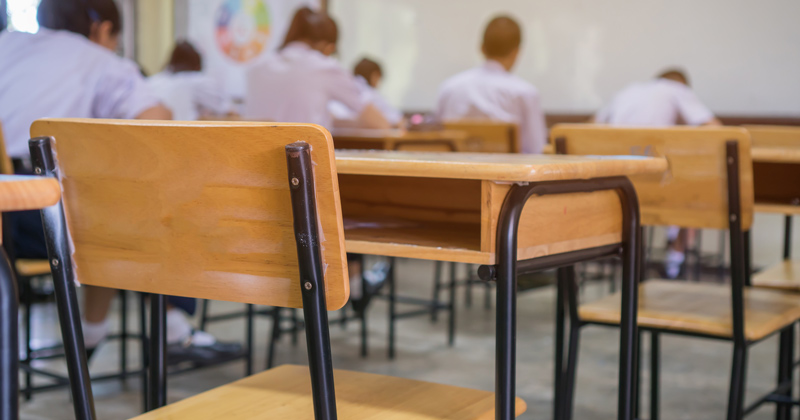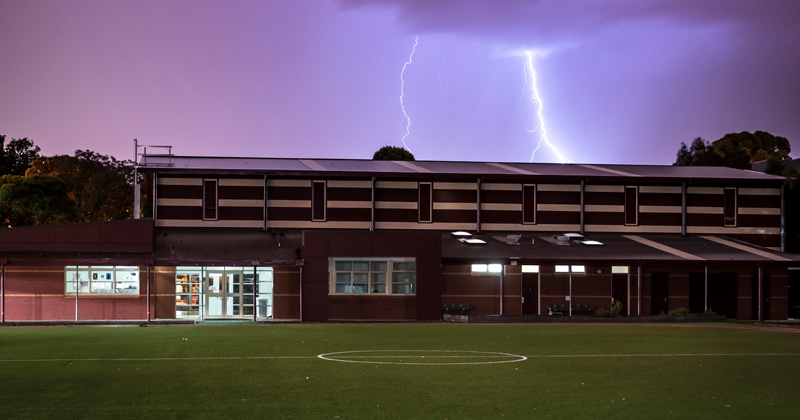The number of areas with more than one in five spare primary school places is set to treble next year as the falling rolls crisis spreads.
Last year, 11 councils had 20 per cent or more unfilled places, Department for Education data published on Thursday shows. But this will rise to 33 – a fifth of all councils – by 2025-26.
James Bowen, assistant general secretary of NAHT school leaders’ union, said it is “worrisome for leaders and teachers alike”.
“We would ask the next government to see falling pupil numbers as an opportunity to transform our children’s education, by cutting class sizes, and ensuring more targeted support.
“Falling roles are not an excuse to cut funding – the next government will need any extra cash to invest in our crumbling school estate and address the chronic underfunding of special educational needs.”
Local authority place scorecard data shows London remains hardest hit. A third of places are expected to be unfilled in Lambeth and Westminster next year.
All councils have some surplus places to deal with unexpected influxes. But large surpluses are problematic, and cause huge financial problems for schools – who are funded per-pupil but many of their costs are fixed.
In 2022-23, 28.7 per cent of places went unfilled in Lambeth, but this is expected to rise by nearly a quarter to 35.5 per cent next September.
Lambeth is consulting on how to manage the problem, stating they “must now look at a small number of potential amalgamations and closures to deal with this worsening situation”.
In Southwark, spare primary places are expected to rise to 30 per cent. A council spokesperson said the birth rate has dropped by 21.5 per cent in the past 10 years, with four schools closing last year, all linked to “financial viability”.
“Supporting schools to manage the national issue of the low birth rate, falling rolls and budget deficits is a careful and sensitive process which we are well prepared for having been proactively managing the matter for some years now.”
‘Massive impact’
Mark Greatrex, chief executive of Bellevue Place Education Trust, said they’ve seen demand for places half at their inner London schools. The trust has four London schools.
“The impact is massive,” he said. “When staff leave, we don’t replace them. We always have to have scenarios planned and we know there’s always a risk of redundancies, but so far we’ve been able to avoid that to protect standards for teaching and learning.”
Six councils are predicting a doubling in the proportion of spare places. One of these was Nottingham, where spare places were predicted to rise from 6.3 to 13.6 per cent.
However, the council’s director of education Nick Lee said the situation has been “fluid”. Since providing DfE with the data last year, 600 more children have entered primary schools due to increased international and internal migration. Spare places in 2025-26 are now expected to be about 9 per cent.
The council has reduced admissions numbers for some primary schools over the past three years, instead of closing them, meaning they can use the additional space for the influx if needed.
Just 15 councils will see their unfilled places fall by 2025. Central Bedfordshire is expected to see the largest drop of 44 per cent, followed by Luton at 34 per cent.
Labour has pledged to convert spare primary school classrooms in over 3,000 nurseries under a £140 million plan.
Sector leaders have also called for the next government to keep school funding at the same level despite falling rolls, and use the headroom to boost per-pupil funding.
Nationally in secondary schools, the percentage of spare places is expected to fall by 24 per cent from 11.5 to 8.8 per cent.
Four councils had 20 per cent or more spare places in 2022-23, rising to five next year.
But a study by London Councils earlier this year found the falling rolls crisis is making its way into the capital’s secondaries.











